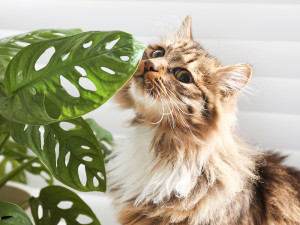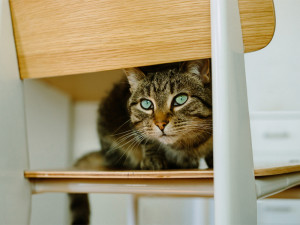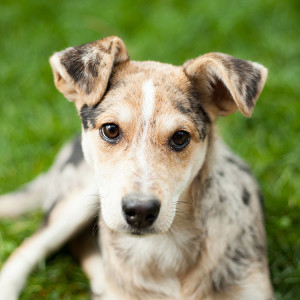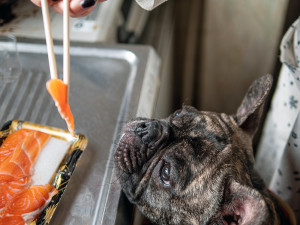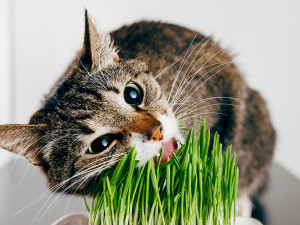The Top 10 Toxins Pets Are Exposed to at Home, According to New ASPCA Report
These are the most common reasons pet parents call poison control.
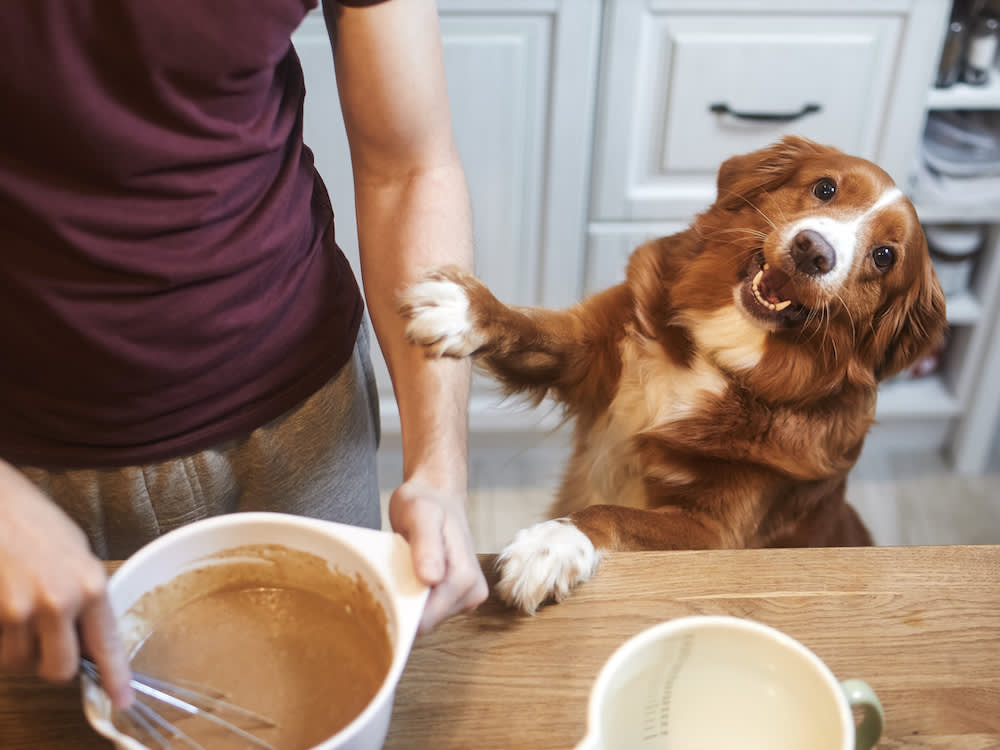
Share Article
One of the most stressful things about pet parenting is that, no matter how many pet cams you install, you can’t keep an eye on your pet all the time. And while you can do your best to dog- and cat-proof a home, accidents happen...usually involving your pet chowing down on something they don’t realize is bad for them. Hey, if you didn’t know the ingredients, batteries might look kind of tasty to you, too.
That’s where the American Society for the Prevention of Cruelty to Animals (ASPCA) comes in. The ASPCA runs the Animal Poison Control Center (APCC), which provides resources for pet parents with questions about toxic substances. But most notably, they offer a 24/7, 365 days a year poison control hotline. If you're ever worried that your pet ingested something harmful, you can call (888) 426-4435 for a consultation.
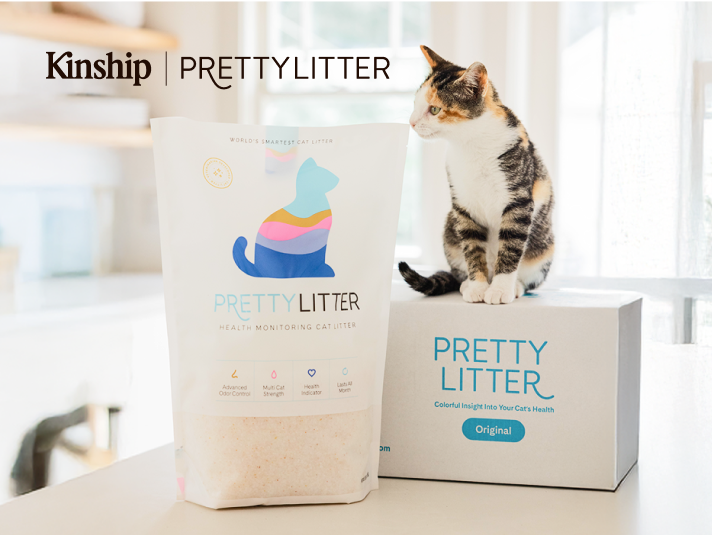
Save on the litter with color-changing tech that helps you better care for your cat.
Last year, the APCC received over 351,000 calls from concerned pet parents. For National Animal Poison Prevention Week, they’ve released their list of the top 10 most common toxins that pets are exposed to.
The top 10 most common pet toxins
10. Recreational drugs
Recreational drugs made up two percent of the calls to the APCC in 2023. The ingestion of THC continues to be a problem for pets, and mushroom ingestion is on the rise. Party safely — and maybe consider calling a dog sitter in addition to a trip sitter.
9. Insecticides
The ASPCA recommends carefully reading labels for dilution instructions and putting bags of insecticide away after use to reduce the risk of your pet being exposed to insecticide.
8. Rodenticide
Yep, some pets are being exposed to dangerous rodenticide. The ASPCA reports that this usually happens when the rodents move the rodenticide blocks from hidden areas to areas that pets can reach.
7. Household products
Everyday household products, such as batteries, made up seven percent of the calls.
6. Plants and fungi
Plants and fungi ingestion made up eight percent of calls. This category has dropped in the list since last year, and the ASPCA reports that plant exposure peaked during COVID lockdown.
5. Veterinary products
Pets sometimes eat too many of their own veterinary products, like chewable tablets. Veterinary products moved up two spots on the list since last year.
4. Chocolate
Yep, chocolate’s such a popular reason for calling that it gets its own bullet point, separate from the still-to-come category “other human food and drinks.” It’s usually dogs who are reported as having swallowed chocolate, since cats don’t have the sweet taste receptors to have much interest — but chocolate’s toxic for cats, too.
3. Human prescription medications
Prescription medications made up the third most commonly ingested toxin. “Heart medications, inhalers, and ADHD medications are the most commonly ingested,” reported the ASPCAopens in new tab.
2. Human food and drinks
Yep, this tracks. Sixteen percent of calls to the poison control center were about pets scarfing down human foods and drinks — especially onions, grapes, protein drinks, and gum.
1. Over the counter medications
Over the counter medications were the most common reason people called the poison control hotline — about 17 percent of the total calls were from people who accidentally dropped medication or left medication unattended. Some common over the counter meds, like Tylenol, are toxic for pets.

Sio Hornbuckle
Sio Hornbuckle is a writer living in New York City with their cat, Toni Collette.
Related articles
![Cat sitting on a kitchen chair, looking at the camera]()
How to Cat-Proof Your House
Ten steps for keeping your cat out of trouble.
Can Dogs Take Tylenol?
The short answer is no. Here’s why.
![Confused dog lying in a field a green]()
My Dog Ate Weed: What Should I Do?
If you think your dog ate marijuana, here are the signs to look out for.
![Feeding raw salmon or sashimi to young French bulldog]()
10 Healthy “People” Foods for Dogs
You might be surprised that these common health foods are totally safe for pups.
![Cat chewing on cat grass]()
The 10 Best Non-Toxic House Plants for Cats
Cats love the crunch of a houseplant. These will do them no harm.

